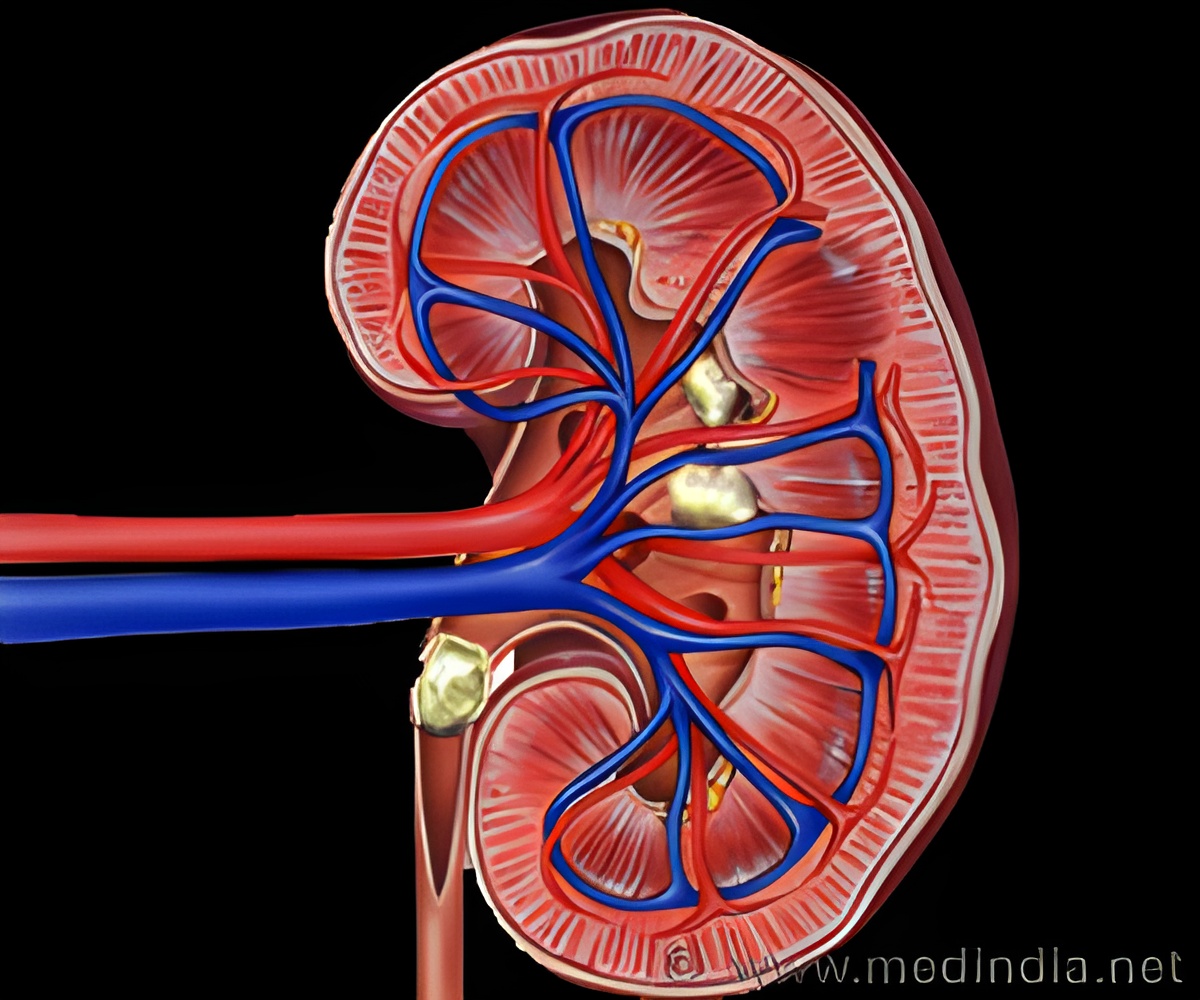Pravastatin, which is used to tackle high cholesterol levels may also slow down the growth of kidney cysts in individuals with autosomal dominant polycystic kidney disease, a new study found

"Based on our findings, we strongly recommend consideration of pravastatin use in ADPKD children and young adults unless there is a medical reason against taking a statin as determined by the patients' doctor," says the co-principal investigator Melissa A. Cadnapaphornchai, MD, from CU School of Medicine's departments of pediatrics & medicine, who conducted the study with Robert W. Schrier, MD, at the CU School of Medicine. "This is very exciting news as this is the first medication shown to help control kidney disease in ADPKD children."
The three-year study began with 110 children/young adults ages 8 to 22 years with ADPKD and finished with 92 participants. Each participant was randomized to receive either pravastatin or placebo completely by chance by a procedure similar to the toss of a coin. Treatment with pravastatin was associated with no significant side effects. However, it should not be used during pregnancy
The researchers emphasize that pravastatin is not FDA-approved for the treatment of ADPKD; therefore, it is essential that patients discuss the potential risks and benefits of treatment, including possible psychosocial and financial implications, with their doctor.
Source-Eurekalert














